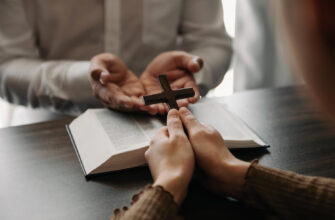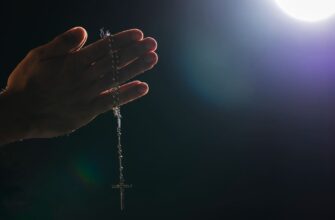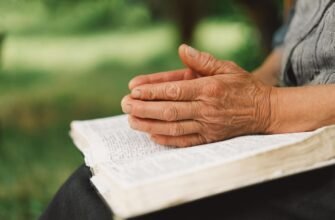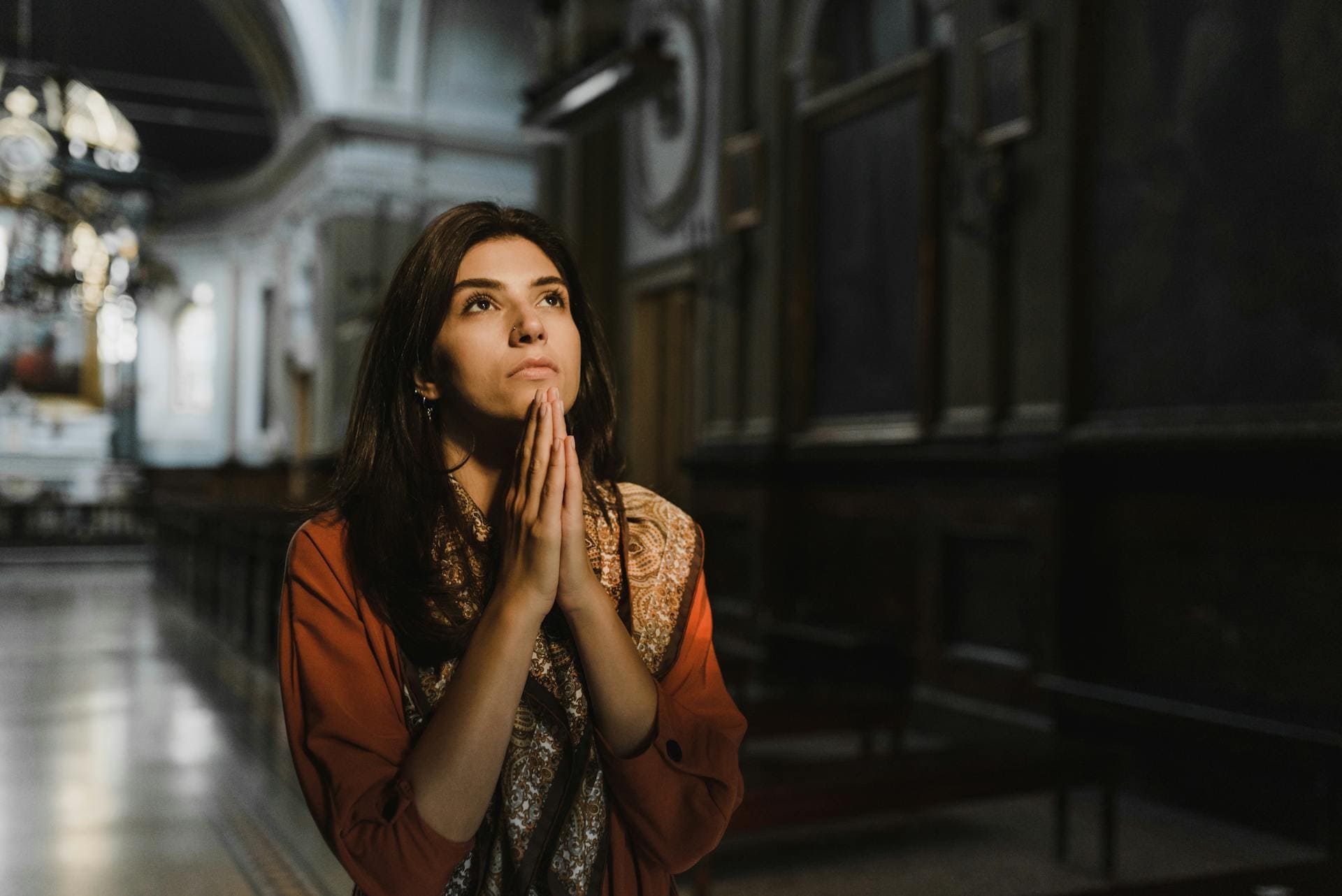Yes, not only do Catholics celebrate Easter, but it also happens to be the cornerstone feast of the ecclesiastical year and maybe the most important celebration to those of the Catholic faith.
While secular celebrators of Easter usually embrace this holiday as a single day event, the first Sunday following the first full moon of the spring equinox (which means Easter usually falls between March 22 and April 25), Catholics celebrate Easter a little differently.
In this detailed guide, we go over the importance of Easter in the Catholic faith, how Lent ties into Easter, and even touch a little bit on how many in the Catholic Church choose to celebrate this most important of holidays.
Is Easter A Catholic Celebration?
While a lot of people outside of the Catholic faith (including a number of Christians) believe Christmas to be the most important holiday of the year for the faithful, Catholics instead embrace Easter quite a bit more.
It’s not hard to understand why, either, regardless of whether or not you are of the Catholic faith.
Easter, after all, is supposed to celebrate the day that Jesus rose from the dead and was resurrected.
This was the day that the faithful new that Jesus had sacrificed himself for all of humanity, paid their sins in full with his own life, and voluntarily chose to give himself to the world – forever – to save them in the eyes of God.
Easter is an incredibly important day of faith and remembrance, but it’s also a powerful reminder to the faithful to trust in God, to honor the sacrifice Jesus made, and to live a full and happy life while spreading the word of the church.
The Importance of Easter in the Catholic Faith
As mentioned a moment ago, the importance of Easter in the Catholic faith cannot be overstated.
This is, by far, the most important of all the holidays and celebrations of this feast.
More than that, though, Easter is a day to remember your duty as a faithful Catholic – bowing down to the church, embracing the Sacrament of the Holy Communion, and celebrating the holiday of Easter in the 40 days leading up to the actual day of Easter itself.
To really understand the importance of Easter read what St. Paul wrote in Corinthians 15:17.
In this passage he said that “unless Christ rose from the dead our faith would be in vain”. When the faithful opened Jesus’s tomb and saw that he had been resurrected they knew – then and there – that their faith would be rewarded.
How is Easter Celebrated by the Catholic Church?
Easter is not just celebrated on Easter Day, not by those in the Catholic Church.
No, Easter celebrations start much sooner than that – beginning 40 days ahead of Easter Sunday. These 40 days are supposed to be filled with prayer time and fasting as well as with regular visits to mass focused around the resurrection.
It isn’t at all uncommon for Catholic churches to also celebrate with sunrise mass events. These sunrise mass events often feature a celebration of Jesus rising from the dead symbolized by candles that are lit with a Paschal candle. The candles themselves are symbolic of the light of Jesus in our lives.
Easter vigils are held as well, usually on the Saturday night before Easter Sunday. These services are often quite long (longer than traditional mass) and feature spirited readings of Scripture, sermons, music, singing, and performing of the Sacraments of Initiation.
Lent is also celebrated in the lead-up to Easter, with Palm Sunday serving as the final day of Lent but also the very beginning of the Holy Week of Easter.
Palm Sunday is named after Jesus arriving in Jerusalem and having his path littered with palms that the people of the city lay down in front of him as a sign of tremendous respect. Some churches distribute palms on Palm Sunday to their community, with many of these palms dried and saved for years to come as sacraments and representations of personal devotion to the faith.
Yes, Catholics celebrate Easter – but it goes so much deeper than that. This is the most important day of the year for those of the Catholic faith and the pinnacle of a 40-day celebration leading up to the resurrection of Jesus.







